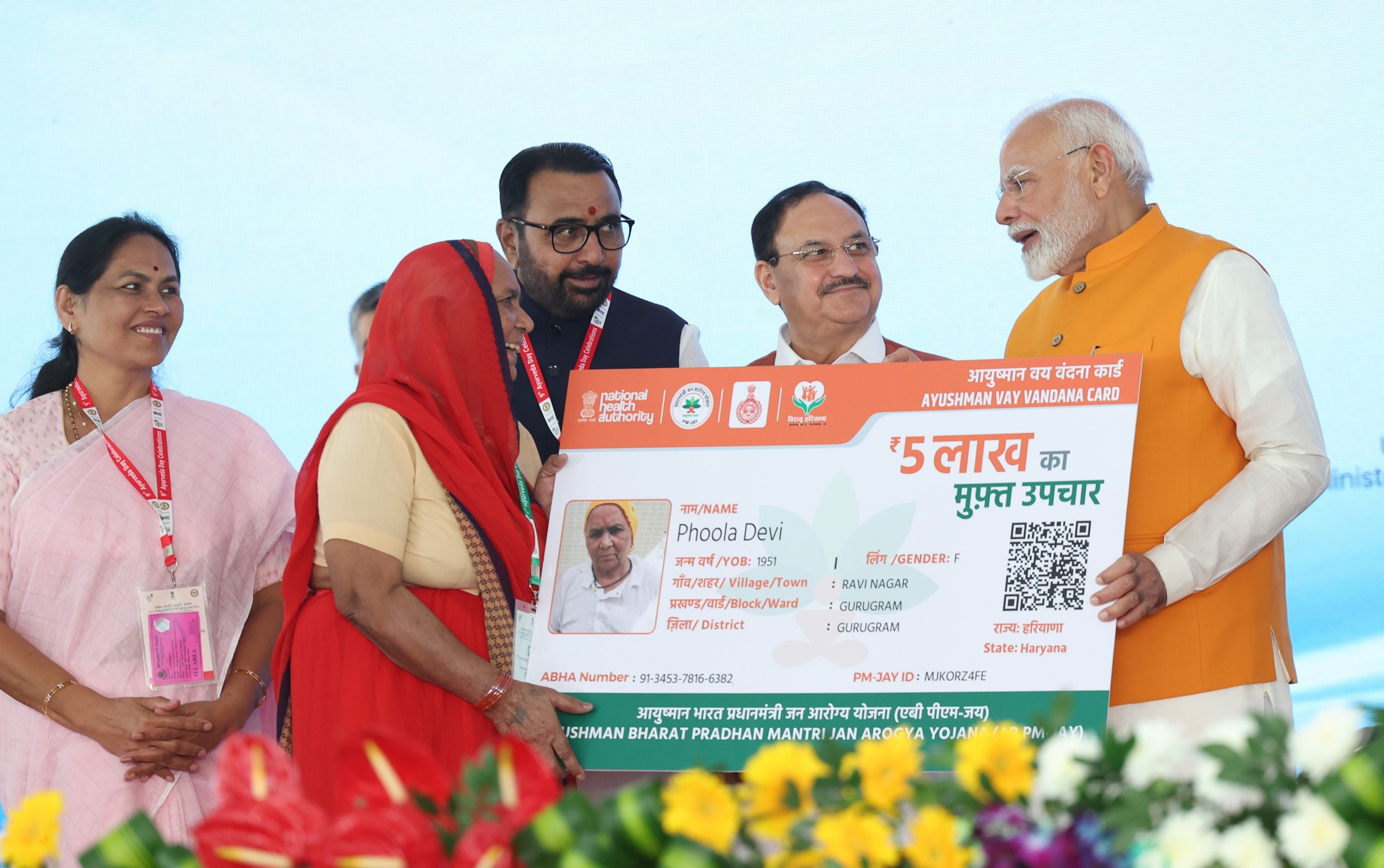Despite clear guidelines from the Ministry of Health and Family Welfare (MoHFW) for mandatory testing of all pregnant women in Zika virus-affected areas, the Pune Municipal Corporation (PMC) has only managed to test 5% of expecting mothers in these regions. The public health department has now urged the PMC to increase testing to cover all pregnant women in the affected areas.
In a letter dated July 11, Dr. Radhakishan Pawar, the joint director of health services and head of vector-borne diseases in Maharashtra, directed the PMC to test all expecting mothers living within a five-kilometre radius of Zika-affected areas. This directive also extends to the Ahmednagar and Kolhapur municipal corporations, both of which reported one case of Zika virus each in the past.
The letter, a copy of which was seen by Hindustan Times, emphasized the dangers of the Zika virus to expecting mothers. “The virus poses a significant threat to pregnant women, leading to potential adverse outcomes such as congenital Zika syndrome, Guillain-Barré syndrome, and microcephaly. It is crucial to monitor and provide timely treatment to these women,” stated Dr. Pawar.
Active Zika virus transmission has been reported in seven PMC ward office jurisdictions, including Karve Nagar-Warje, Hadapsar, Kothrud-Bavdhan, Aundh-Baner, Sinhagad Road, Nagar Road, and Yerawada. Since June 20, a total of 18 Zika virus cases have been reported, including 10 pregnant women. Out of 2,408 expecting mothers registered with PMC-run hospitals for antenatal care in these areas, only 129 (5%) have been tested for the virus.
Dr. Pawar emphasized the importance of early testing to prevent delays in treatment. He advised that all pregnant women, regardless of their location, should take preventive measures against mosquito bites and avoid non-essential travel to Zika-affected areas.
Dr. Kalpana Baliwant, PMC’s health officer, explained that their team is actively working on the ground, collecting samples from expecting mothers and sending them to the National Institute of Virology (NIV) for testing. “Many pregnant women are reluctant to give blood samples due to the absence of symptoms. We are working to raise awareness and encourage testing,” said Dr. Baliwant.
The MoHFW guidelines state that Zika virus transmission can occur through mosquito bites, from mother to fetus, and during sexual transmission. All pregnant women in Zika-affected areas should be tested during their first antenatal visit or at the onset of symptoms. If the initial test is negative, a follow-up test should be conducted at 28 weeks of gestation. Additionally, all pregnant mothers should undergo ultrasound examinations at 18-20 weeks and 28-30 weeks of gestation to monitor the fetus’s health.
















